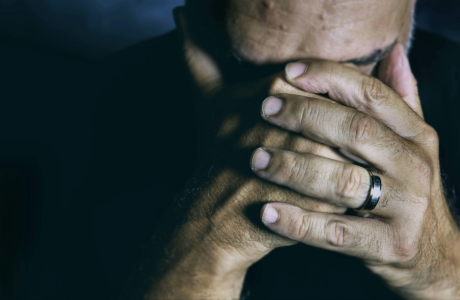From the Experts: DEPRESSION
- Replies 2
Note from the Editor:
This article was written for the SDC by psychologist and member @Jan A. Jan A. works part-time, taking on clients under the Medicare Mental Health Care Plans. She works with people of all ages, from children to seniors!
Depression is a mood disorder. It is not a normal consequence of ageing. It is not a preoccupation that can be ‘snapped out of’ in a moment. It is not the same as temporary feelings of exhaustion, disappointment or even grief. While people will feel sad, depression is not the same as feeling ‘down’ for a short time. It is not something to be embarrassed about or to hide from medical professionals.
Depression can be part of other disorders, such as Bipolar Disorder, Seasonal Affective Disorder or a schizoid disorder. This article will consider only depression, which is not part of other disorders.
Depression is a disorder of the brain. It is just as real as a physical disorder and requires treatment. It is usually long-term. It destroys the affected person’s peace of mind. It takes away the enjoyment of things the person enjoyed in the past. It discourages the person from planning activities that might bring them joy in the future. Because depression interferes with the brain’s normal thinking functions, it compromises the brain’s ability to think about the problem.
Symptoms to watch out for:
- Either noticeable increases or decreases in eating patterns.
- Tendency to stay home and not want to engage with others.
- Feeling tearful and irritable.
- Finding everything exhausting and frustrating.
- Lowered self-esteem and feeling worthless.
- Loss of confidence and motivation.
- Beliefs that others think badly of the person.
- Feelings of guilt.
- Concentration problems, difficulty completing tasks.
- Changes in sleeping patterns, restlessness at night.
- Increases in alcohol consumption and/or smoking more.
- No desire for intimacy with partners.
- Reduced interest in self-care.
- Physical symptoms like headaches, muscle pain and abdominal irritability.
In general, there are two major causes of depression.
The first cause is genetic inheritance (endogenous depression). The person may have a family history indicating depression runs in the family. Some varieties of genetic depression can be cyclic, present for up to years at a stretch and then gone for the same kind of time before returning.
Other types are present continuously with no break.
Lorem ipsum dolor sit amet, consectetur adipiscing elit. Quisque in diam id erat facilisis consectetur vitae vel urna.
Ut lacus libero, suscipit auctor ipsum sit amet, viverra pretium nisl. Nullam facilisis nec odio nec dapibus. Integer maximus risus et velit porttitor ullamcorper
Read more for FREE!
Become a member today and join over 200,000 Australians already taking advantage of daily news, weather, petrol costs, games, jokes, deals and more.
-
FREE 400-page Discount eBook upon joining
-
FREE Aussie-made eBook & many more
-
Multiple daily discounts for members
-
No payment required
Register Faster Using
Or Register with email
Already a member?
Attachments
Last edited:










